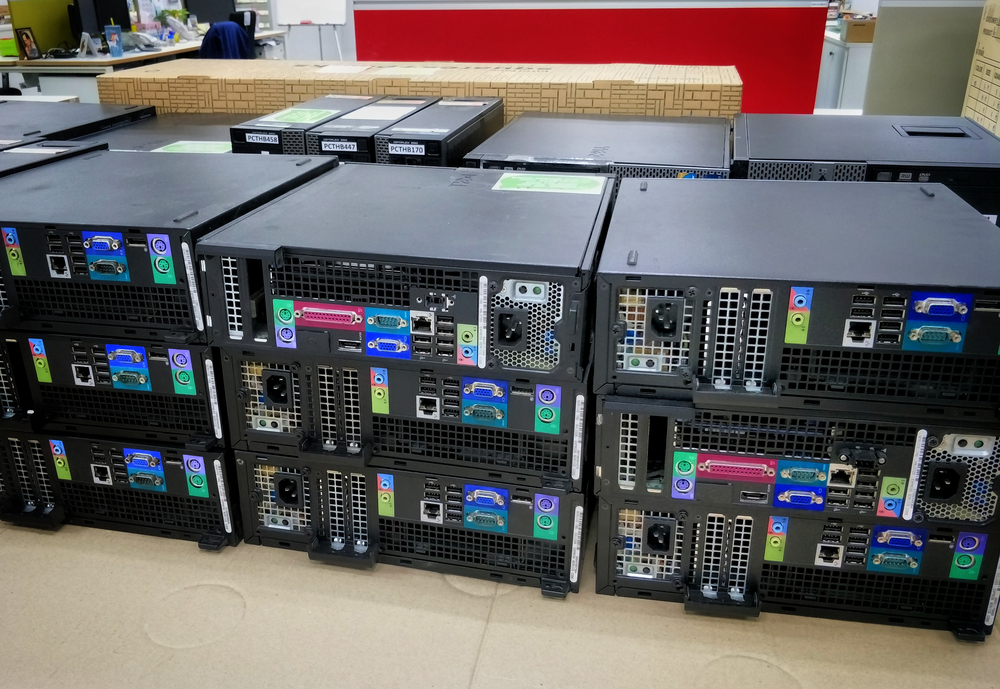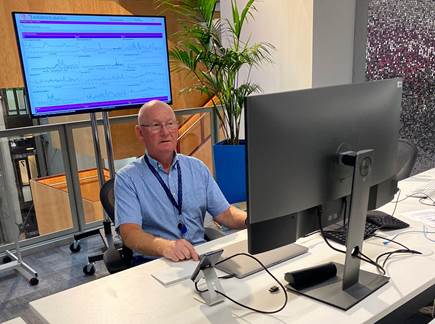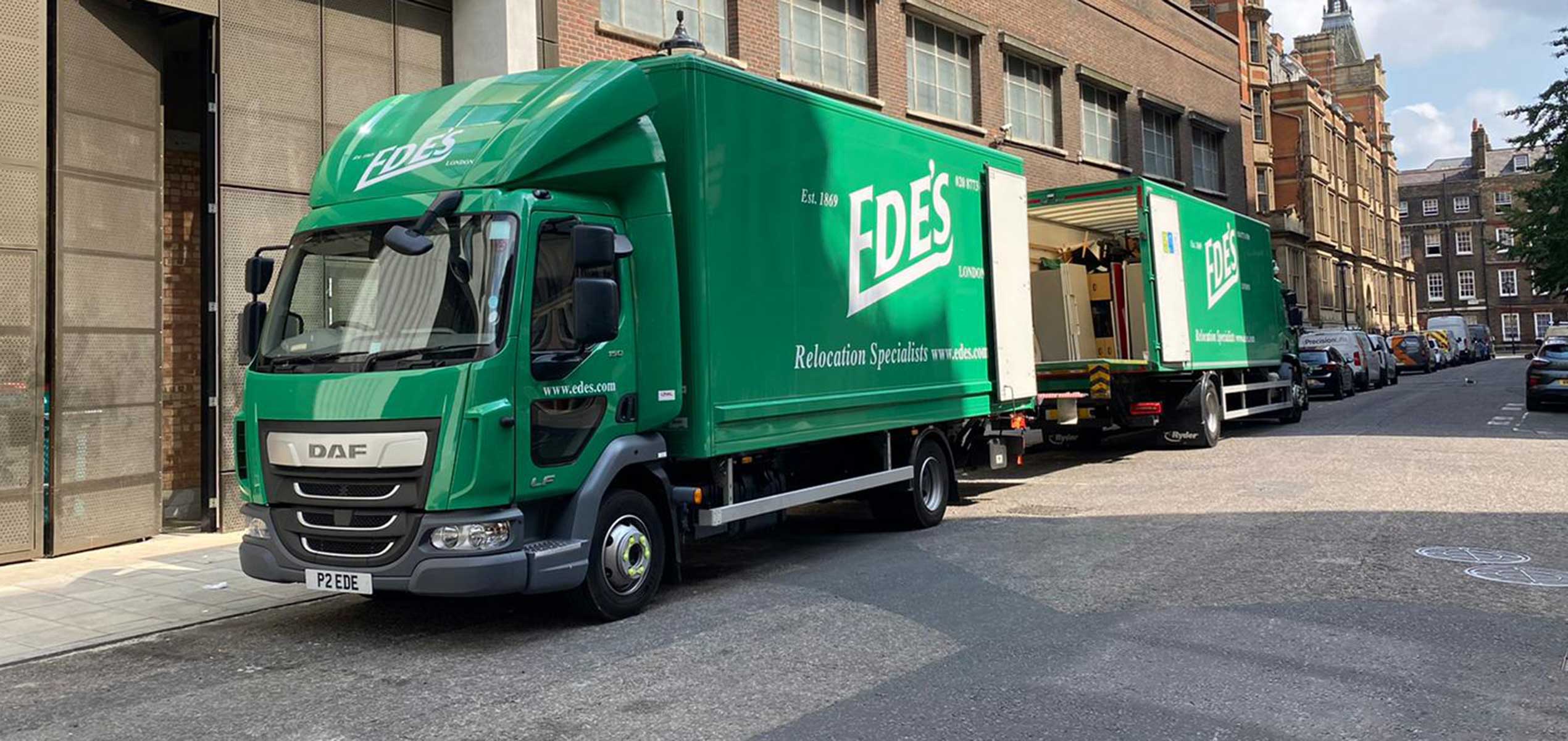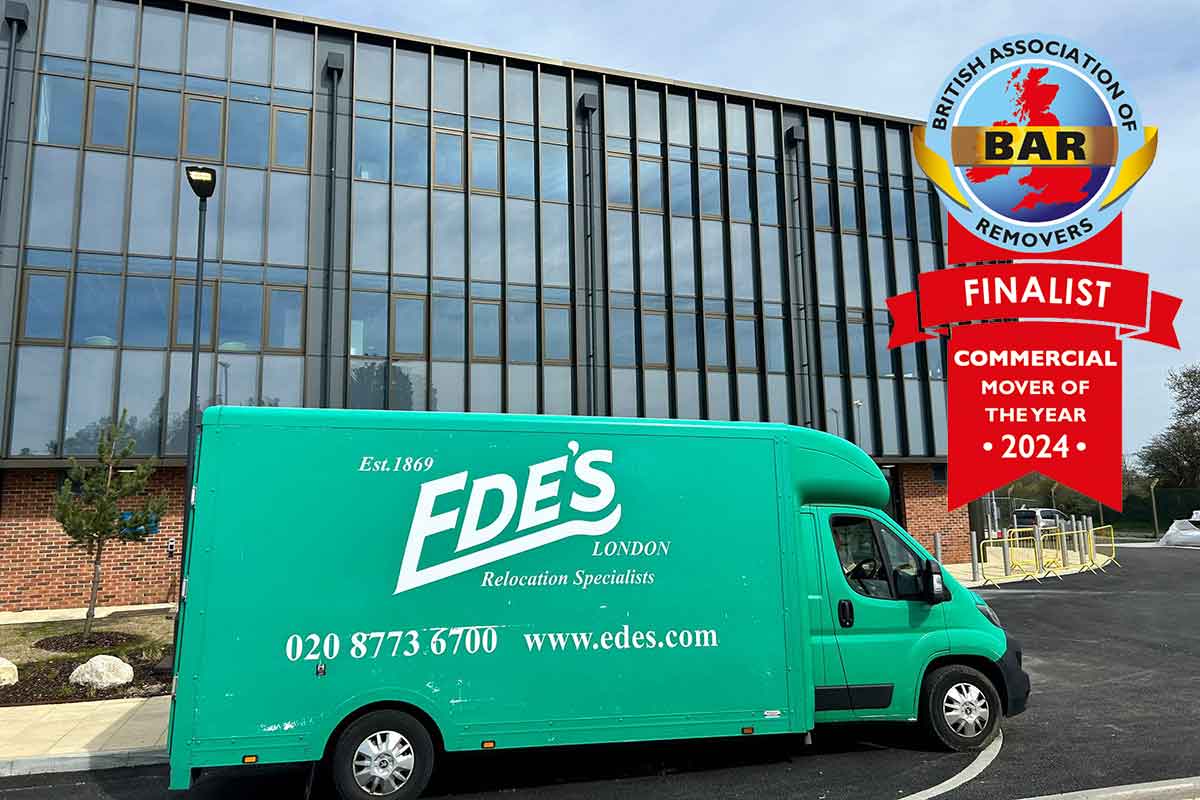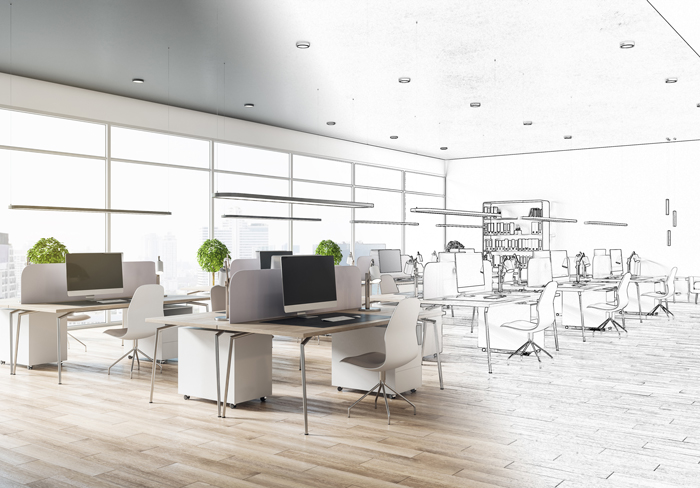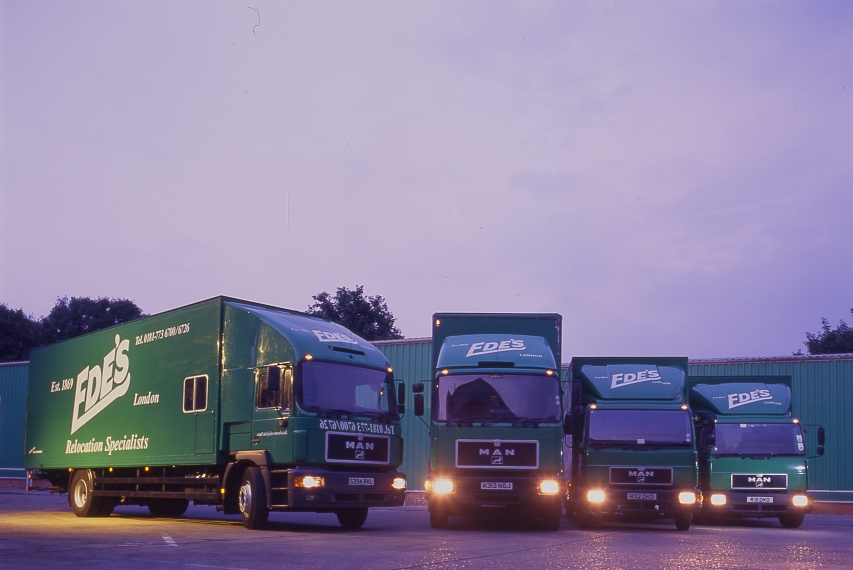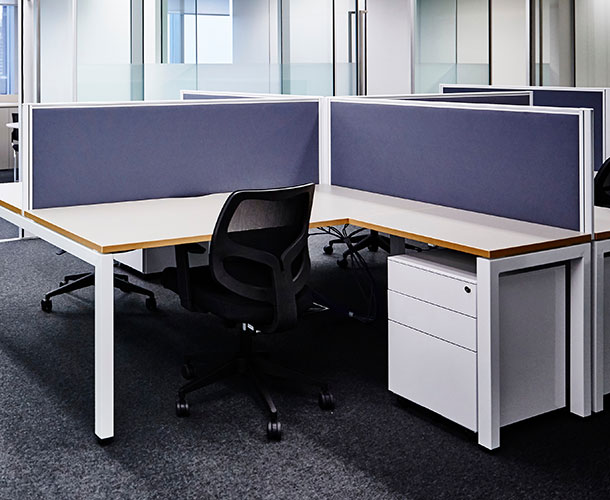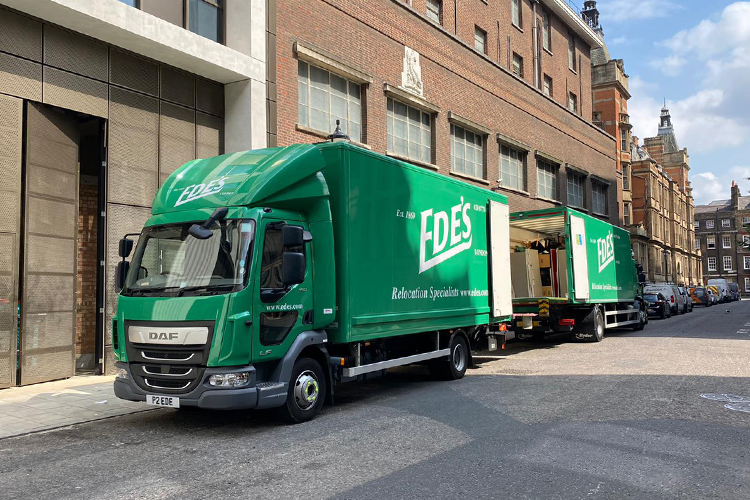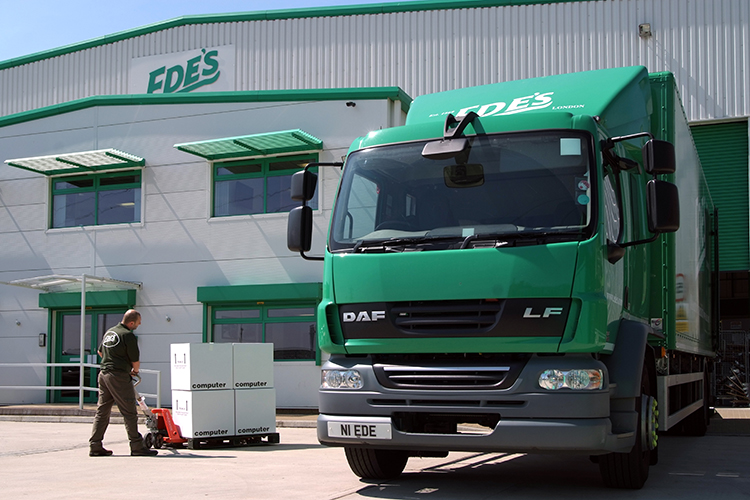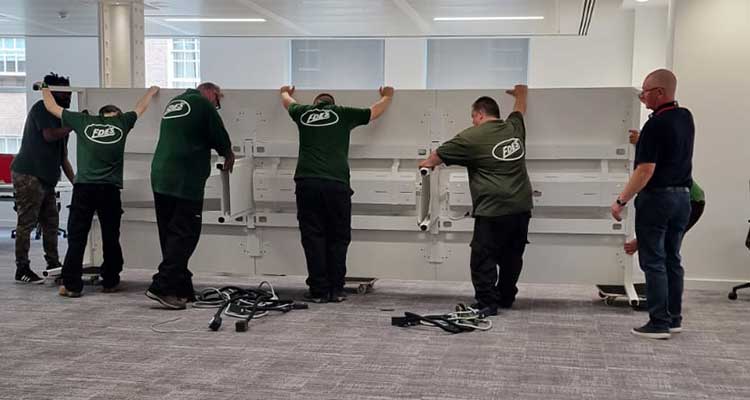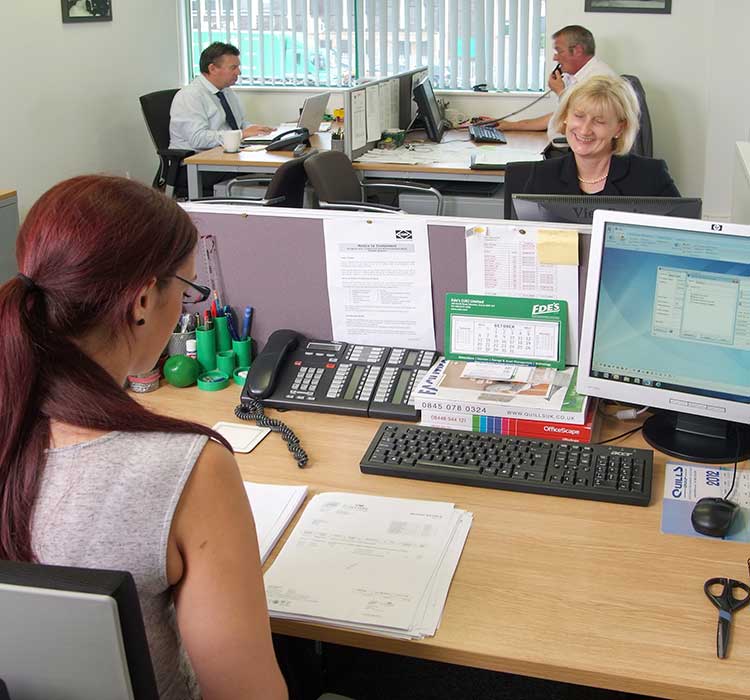For most businesses, space is a very valuable commodity. As workplaces continue to grow and adapt to changing circumstances, you need to make sure that every square inch of space is used effectively remains an ongoing concern.
Space planning and management is essential for optimising the space that you have available and ensuring that:
- Space is being used to its full potential
- Under-utilised spaces are used to their maximum and overcrowded spaces are reorganised
- Employees have the right amount of space
- Employee’s welfare is safeguarded
Ede’s professional space management can help you analyse how your current space is being used, and how it could be better optimised to meet your needs and the needs of your staff. Planning your space effectively can bring harmony to your workplace whilst creating an efficient work environment that allows everyone to be productive. Ultimately, it can also help to cut costs.
There are many benefits to using professional software based space management strategies in your business. We’ve outlined eight of the most important here.
Reduce wasted space
By managing space effectively in the workplace, you can ensure that your facilities are used to their fullest potential. Ultimately, this will save you time and money.
As companies grow, it becomes increasingly difficult to find space for new employees, additional meeting rooms, or common areas. This could be due to additional employees, an increased need at any given time to welcome more clients and customers, or and increased need for meeting or common space. Regardless of the reason, when there is not enough room available, businesses are forced into expensive adaptations or relocating.
Office, retail, and warehouse space have been growing increasingly expensive as have the Business Rates that you have to pay on that space. Reducing the amount of space that you require or utilising it better will save costs – sometimes considerably.
Space Planning is also essential if you are considering a business move. Properly planning the use of space in new premises can reduce the amount of space that you actually need, and it can have great benefits for your employees. Smaller conference rooms, more quiet spaces and better common/break areas can all increase productivity.
By using space management software, you can develop a more comprehensive understanding of the property’s available space, and this can help you make better decisions when it comes to utilising limited resources.
Understand how and when your premises are used
Space management solutions can provide valuable insights into the spaces in your property that are seldom used, and those that are heavily populated. By understanding which areas of premises tend to be occupied more frequently, companies can optimise their space usage accordingly.
According to a recent study, organisations in England and Wales waste around £10 billion annually on office space that’s not being used. This amounts to over 20% of the total amount spent on rents!
This wastage can be problematic for several reasons including:
- Unused or underutilised space can be costly to maintain and operate, particularly in terms of heating and lighting requirements as well as rent and Business Rates.
- If the balance between employee isolation and communal space is wrong, it can lead to decreased output. Space management is an important factor in employee productivity.
- In a world after COVID, overpopulated areas are likely to be viewed as dangerous by both employees and visitors. This will lead to decreased activity in these locations, which is ultimately bad for businesses.
Effective space planning management can help address problems with occupancy levels, which can have negative consequences for your company. Understanding how space is used and assessing the costs of over or under occupancy, can help you make wise decisions about where to distribute people and allocate resources. Busy departments or teams can be given the space they need, whilst quieter departments can ensure they have no wasted space.
Having access to spatial data that is meaningful, you can make immediate changes that will help your team use space more effectively now and in the future.
Forward-plan for company growth
While growth is typically the goal for most organisations, some of the consequences of achieving that growth often go unaddressed. The impact on space is one of these – as more people join a company, as more assets need to be stored, as more rooms and desks become occupied, the quicker space becomes a major issue.
This can be resolved through professional Space Planning providing spatial data and trends provided by effective space management software. Armed with this information, facility managers can forward plan the available space within their business, so when a new employee or team joins, or more equipment is acquired, it has already been determined where they can go for optimal space usage.
Through forward-planning, you will have a clearer understanding of when space truly does start to run out. This ensures that you take the significant and expensive step of expanding your premises or relocating when it is absolutely necessary, and not a second sooner.
Construction work is an inevitability at some stage, but the inconvenience and disruption that construction or refurbishment works cause can have a huge negative impact on productivity. However, that doesn’t mean it can’t be organised to cause the least disruption to employees. With space management, you can organise areas to be vacated while construction work is conducted, and which spaces can be utilised during the works to minimise the impact on your workforce.
Adapt the workplace to modern ways of working
The modern workplace has evolved significantly over the years, with employees favouring more flexible working environments. This shift away from traditional cubicles and desktops is slowly but surely taking hold, as workers prefer a variety of workspaces that allow for greater freedom and flexibility.
Recent reports show that:
- By 2022, nearly half of the global workforce will consist of mobile employees.
- A survey of employees aged 16 to 44 found that 70% want the option to work from anywhere, with no need for long-term contracts or dedicated desks.
- Europe now has a staggering 255 million square feet of flexible working space, more than any other continent in the world. This abundance of accommodation allows employers to find the right solution for their needs, no matter what time
Implementing flexible working practices is an important way to ensure your company’s future success. This can help you attract top talent, which can strengthen your ability to compete in the current job market.
Space planning not only provides you with a broader understanding of work outside the office, but also allows for seamless departmental adjustments in order to improve employee productivity and satisfaction.
Fundamentally, help your business become more agile and responsive to the needs of its workforce, providing long-term benefits for you.
Increase energy efficiency and save on energy costs
It’s estimated that £60 million is wasted annually on energy costs in office buildings, due mostly to inefficient use of resources. At a time when energy costs have risen significantly, and are expected to stay high, reducing energy costs as a result of wasted space can have a significant impact on your business’s bottom line.
Occupied space requires a lot of energy, and therefore significant cost. If certain areas are rarely used or under-utilised, it’s more efficient to allocate resources towards heating, lighting and air conditioning the spaces that are well used rather than those that are not. The key is knowing which is which, and space planning can provide that information.
By tying space management and energy management solutions together, you can identify areas that use less energy frequently, and turn off these resources. This reduces your expenses on utilities, while also benefiting the environment in a significant way.
Boost employee satisfaction levels
It is widely accepted that a happy, satisfied employee is also a more productive member of the workforce. Their satisfaction often directly correlates (amongst other factors) to the workplace environment; the more comfortable employees are, the more productive they tend to be.
In a survey of job candidates, 37% said they would take a lower-paying position if the company offered appealing workplace conditions such as great culture and facilities, along with top technology. Ede’s can help you plan your office or warehouse to ensure all of these targets are met.
By providing a comfortable and productive workplace, you can encourage employees to stay with your company. This is especially important as the recruitment and retention of talent becomes more difficult each year.
Various strategies could include establishing designated “silent” workspaces, providing comfortable creative areas, or creating communal spaces where employees can socialise without fear of interruption.
Protect the wellbeing of your workforce
The COVID-19 pandemic has had a significant impact on how space is used in the workplace, leaving an indelible mark that will likely last for years.
As social distancing becomes more common and permanent, people will be more aware of the limited space they occupy. This will have consequences for both their mental and physical health. Companies that don’t take the need for individuals to have space into account could be seen to be ignoring employee’s welfare or in some cases placing employees at risk. This could cause some employees to leave and discourage potential recruits from joining. Effective space planning can provide employees with a set amount of space publicising a policy that provides an employee with a specific amount of space can have a positive impact on morale.
Many employees now prefer a hybrid remote-office model, rather than returning to full-time office work following COVID. Space management will help workplaces allocate space in an efficient and safe way, so that employees can be dispersed across the premises as needed. This may include implementing flexible working arrangements or hot-desking.
This approach will show your team that you care about their well-being, and increase their trust of your organisation, showing that you take your responsibilities to their welfare seriously. This will lead to a stronger relationship between employees and the company, as well as inspire productivity.
The future of workplaces is based on providing a comfortable, secure environment in an uncertain time. Space management can help you achieve that goal by giving your team the space and facilities that they need.
A foundation for total facilities management
Space management provides fulfils a variety of facilities management requirements. This understanding helps to establish the optimal use of space within a building or premises, which can support other responsibilities such as:
- Occupancy management. The process of controlling the level of occupancy in a given space, to avoid wasting resources or putting employees into areas with low demand.
- Move Management – Organising everything from how employees move from one location to another on-site, to directing relocations and refurbishments
- Scheduling meetings and space reservations in advance can help people find the right space at any given time, and also provide valuable insights into how your space is being used and by whom
- By using pictorial representations of your facility’s space, you can help to direct employees more efficiently while also guiding maintenance personnel who may not be familiar with our premises.
Furthermore, the use of space management technology and 3D modelling can work hand-in-hand to help illustrate building layouts. By clearly depicting where rooms are located, what their use is, and how frequently they are used this information can provide insight into which areas could be improved or are surplus to requirements.
How Ede’s Can Help
Now that you understand how Space Planning can help your business, improve productivity, and save costs, contact us for a detailed discussion about your needs.
If you have existing premises, then we can help you to plan your space better. We can also audit your IT, store superfluous items, install new networks, help your team adapt to flexible working or assist you with a complete business move.


